Margaret Thatcher was the most evil villain in Warhammer.
Warhammer was harsh in the past. There once was a political Warhammer. Warhammer was punk once. All of those things are possible for a bunch of young sculptors and game designers who are beginning a miniatures company from the bottom up. Particularly when carrying out that activity in the 1970s and 1980s. Games Workshop’s enormous size and popularity these days make it quite safe. It is no longer possible for the firm to solely target politicians, as it contributes more to the British economy than the fishing industry as a whole.
I was brought up with anti-Thatcher feeling, having it served up with my tea most evenings because I’m from the north west. My parents were raised to treat everyone with respect and to be open to explore my own political opinions, but they were also old hippies in their own right. With everything going on, I truly wasn’t going to become a Tory.
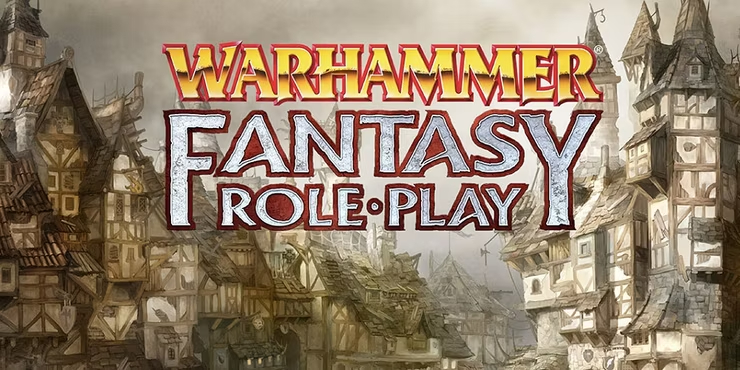
I wonder what they thought of Warhammer when I first started playing it. I began with The Lord of the Rings Strategy Battle Game, which is a harmless enough game that emphasizes interspecies cooperation in Tolkien’s writings. What happened, though, when I switched to Warhammer 40,000? In this game, the protagonists are a Nazi empire that is determined to crush heretics and subjugate anyone who is not like them? I’m positive they were unaware of the history behind my toy soldiers, but if they had, perhaps my collection of miniature fishmen who rebelled against the Imperium would have allayed their anxieties. under an authoritarian regime. Well. Perhaps this place is devoid of good guys.
Not that I’m being serious; of course, your preferred 40k group has no influence on your real-life political compass; otherwise, you would see hordes of 12-year-old boys supporting their Ultramarine masters at far-right demonstrations. Furthermore, the humor has all but stopped, and the politics of 40k are hardly hinted at these days. This presents a small issue for the current game, but we’ll talk about that in another post. I want to speak about that Warhammer moment when they went after Margaret Thatcher today.
Party politics formerly pervaded Warhammer, but the game is still fundamentally political. When she was still very much in office, in 1986, it launched its first bullets against the former prime minister. That September, an Orc appeared in the “Eavy Metal” section of White Dwarf. This Orc’s pennant bore neither the image of a vicious clan nor the face of some green despot. It was a picture of Thatcher with the caption “Death Banner Maggie.” You can examine Issue 81 for yourself if you happen to have a copy sitting around.
Later on, she made an appearance in the Warhammer Fantasy Roleplay campaign The Evil Within. Thatcher famously said, “We always have to be aware of the enemy within, which is much more difficult to fight and more dangerous to liberty.” Of course, she was referring to the striking miners who feared for their livelihoods in the face of numerous mine closures under her regime. The campaign’s name is a reference to this famous speech. Thatcher is satirically represented by the Empress Magraritha, also spelled Magritta, who came to power in 1979 together with the British Prime Minister.
Although this is merely a lighthearted joke, Warhammer was already familiar with the topic of miner’s strikes. Under the pretense of a Shakespearean plot, The Tragedy of McDeath campaign earlier in 1986 ridiculed Scottish stereotypes ranging from sectarian football rivalries to affinities for whiskey to the Loch Ness Monster. Even more politically charged are the characters engaged in the Battle of Dungal Hill, though.
Leading an army of Orcs against Arka Zargul’s Dwarfs, who are themselves suffering terribly, is Een McWrecker. If you don’t recognize those names, Ian MacGregor was in charge of several mine closures carried out by Thatcher, and Arthur Scargill led the National Union of Mineworkers during the 1984–1985 strikes, which resulted in the founding of the Socialist Labour Party.
McDeath’s political message is very apparent. The courageous, unwavering Dwarfs of Arka Zargul are oppressed and defeated; they are the likable protagonists of the story. However, Een McWrecker and his rabble-rousing Orcs were vicious and nasty, already a symbol of evil in popular fantasy literature. It was taking a stand, and Games Workshop was not supporting Thatcher.
Games Workshop’s political humor went from aggressively left-leaning to nonexistent when it began to rely on its own IP to produce money, not long after it began selling off the retail rights to games like Dungeons & Dragons. Its goal was to reach as many people as possible, and criticizing the atrocities of Conservative rule wasn’t part of that goal.
Warhammer would remain a satirical miniatures game in an alternate reality. Maybe we would have had a fiery leader like Toe-knee Flare, who controls with an iron boot and conscripts his army into conflicts abroad under false pretenses? If Drakenburg had wanted to strengthen its commercial links with Nehekhara by cutting itself off from the Old World, perhaps we would have seen a Draxit campaign?
There is a reality in which Games Workshop maintained its satirical trajectory and continued to be a fringe punk usurper, creating campaigns that still made fun of politicians. In this scenario, Games Workshop is too large, too family-friendly, and too afraid to create political campaigns like this one. At least one thing gives us comfort: Empress Magraritha is no longer alive.



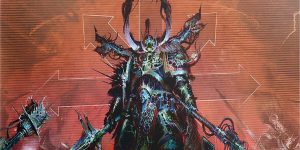
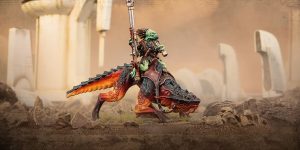
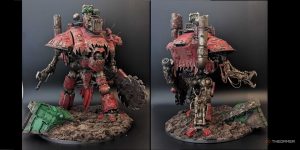
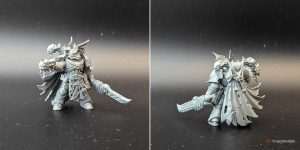
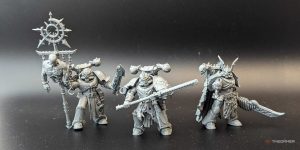
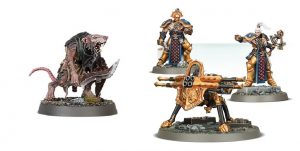
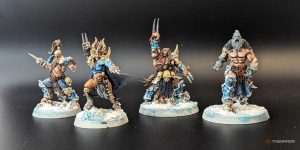
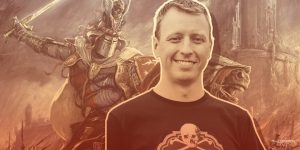
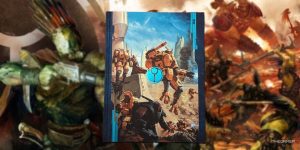
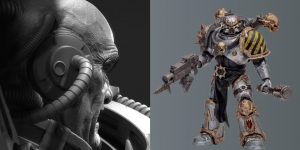
Post Comment